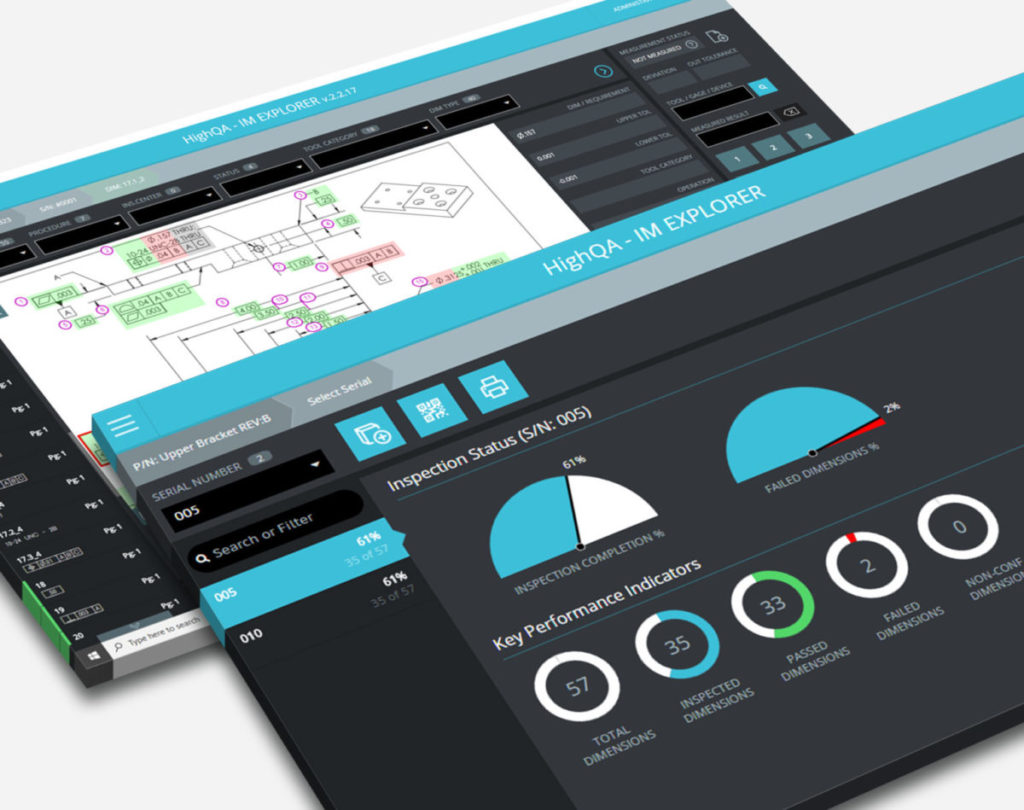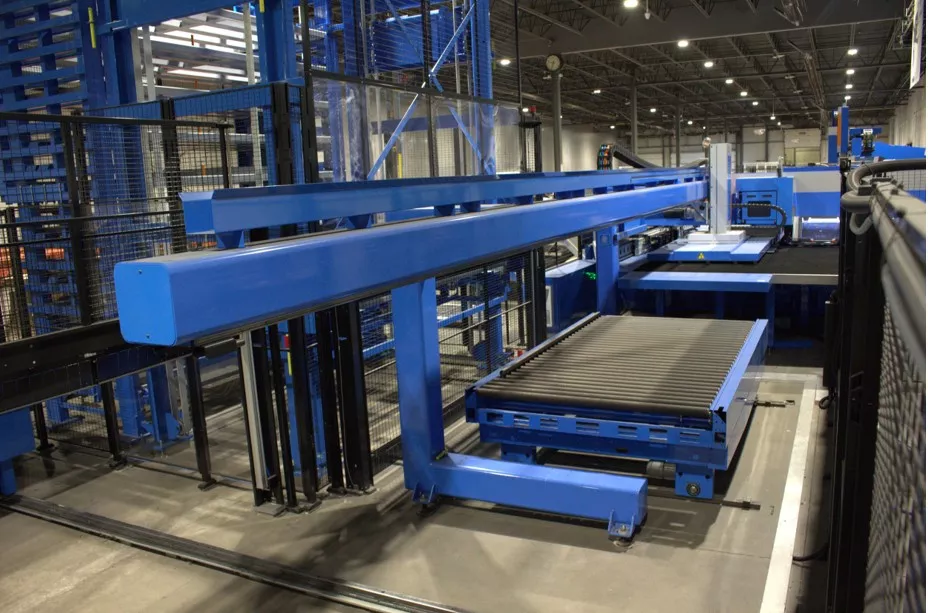Why we need a culture change in data collection

According to software expert TechJury, each person on Earth created 1.7 MB of data every second in 2020. Thanks to smartphones and tablets making the everyday digital, the volume of data collected has skyrocketed — so, when will the same be universally true in manufacturing?
Here Mike John, technical director of metrology provider The Sempre Group, discusses why the manufacturing industry needs a cultural shift away from regulatory data collection and towards proactive, automated data analysis.
British manufacturing is struggling to move away from manually inputting data into isolated documents, such as notebooks or Excel spreadsheets. Manual data collection from metrology equipment increases the risk of human error, makes it more difficult to find historic data and creates data gaps, so the process is never fully traceable.
The sluggish uptake of digital technology comes down to the fact that the common motivation behind data collection is as a box ticking exercise to remain compliant with industry regulations. Unfortunately, if businesses see data collection as regulatory red tape, it means they cannot reap the benefits an automated data collection system could bring to their businesses, such as reduced waste, time and human error.
Finding a solution
In many cases, manufacturers overlook their data collection software, because it populates the reports required to show compliance — it ticks the PPAP box, for example. But remaining competitive has never been about doing the bare minimum. Manufacturers can hugely benefit from improved traceability and more in-depth reporting once they analyse data more closely and invest in a fully automated and unified system.
Consider this example. A 20-machine cell has a high volume and turnover of parts feeding into a small number of metrology machines, so quality testing is creating a bottleneck. Data collected is stored by the machines, then manually transferred to an Excel file, but staff are prone to typos and errors. This means there is limited data on the 1,000s of components produced each day because they aren’t all being checked. There is no guarantee the collected data is accurate and it is tricky to cross-reference with data from other machines in the process.
When a product reaches a customer, the manufacturer can tell them the component was marked as fully compliant at the final stage of production, but nothing else. A customer complains about quality, but due to the limited data, the manufacturer cannot statistically prove or disprove the claim, so must reimburse the customer and replace the part, as well as suffer the resultant drop in business reputation.
In addition, the manufacturer cannot analyse the manufacturing process to find the root cause for the fault, placing themselves at risk of this issue reoccurring. If only the business had integrated a fully automated quality testing system throughout its production process! It would have been able to assess the claim and recalibrate or proactively service the machinery to eradicate the issue.
Planning for the future
For British industry to compete on a global scale, businesses need to change their approach to data away from a compliance exercise and into a value-adding process. We are currently in the golden time to invest in data collection, because businesses can take time to learn to use the data effectively, grow their capacity and thrive as demand rises over the next few years. Those that do will edge ahead of their competitors, into an Industry 4.0 dominated world. Those that don’t will become the equivalent of today’s non-smartphone users.. https://www.TheSempreGroup.com.








